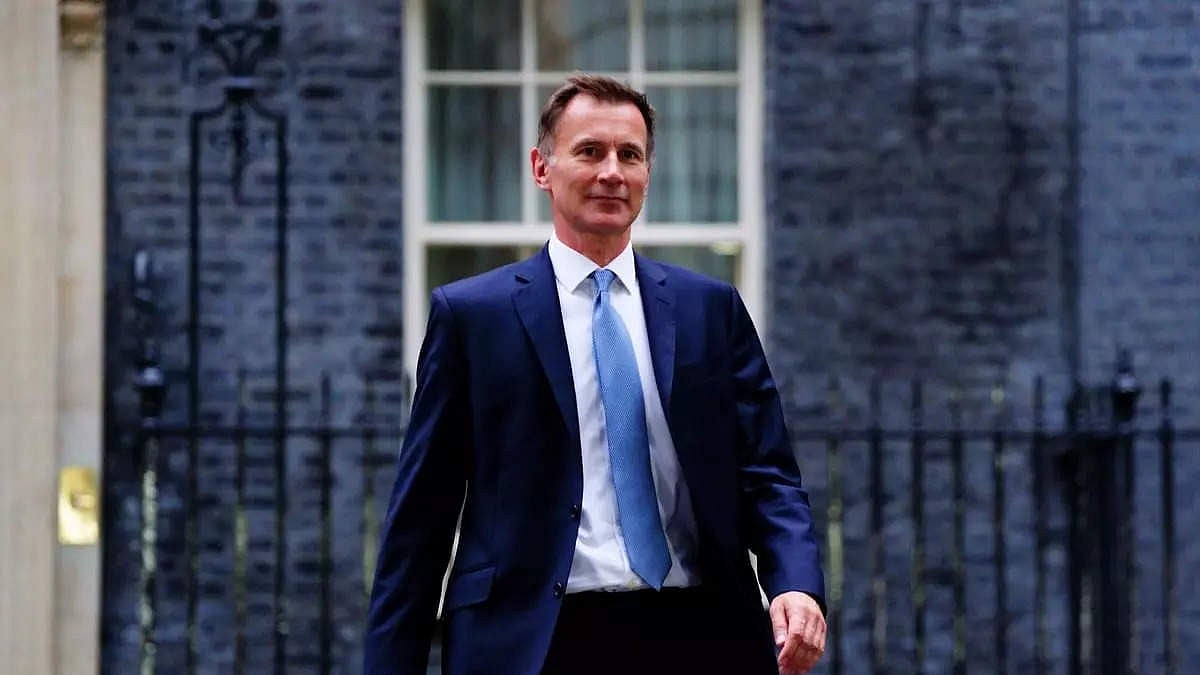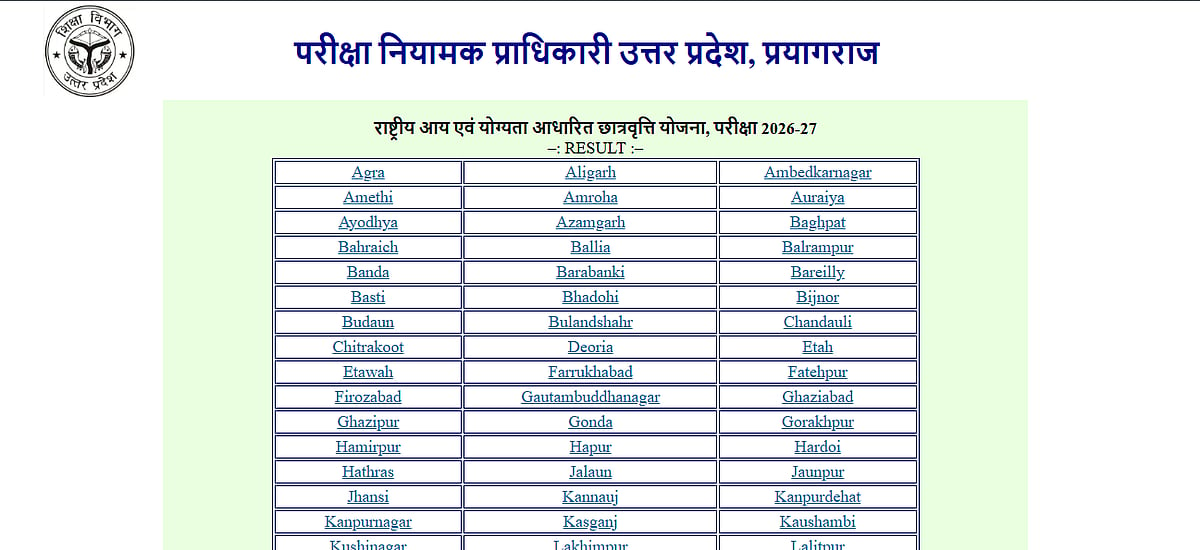The pound fell against the dollar after Jeremy Hunt announced the long-awaited Autumn Budget.
To ensure a "shallower slump," Chancellor Jeremy Hunt told MPs he was forced to make tough choices, but the economy was still projected to contract 1.4% in 2023.
The Office for Budget Responsibility (OBR) forecast the UK’s inflation rate to be 9.1% this year and 7.4% next year, contributing to the squeeze on living standards.
The chancellor on Thursday revealed fiscal plans laden with tax hikes and spending cuts in a bid to create a “stronger, fairer United Kingdom.”
After tax cuts and spending freezes were announced, the pound fell 0.9 percent to $1.1811.
According to the analysis done by the Treasury, 92,000 extra people will be paying tax above their personal allowance whereas about 130,000 people will be paying the higher rate of income tax in 2027/28.
The former Labour minister Chris Bryant said the OBR figures show that disposable income for households “will fall, after what he’s done today, by 7% over the next two years”.
The change comes as prime minister Rishi Sunak and Mr Hunt push to return calm to the markets after Liz Truss and Kwasi Kwarteng’s September mini-Budget plunged the pound to its lowest-ever level against the dollar in history as well as spooking the markets forcing the Bank of England to intervene.
Mr Hunt said he was delivering a “balanced path to stability” which involves “taking difficult decisions”.
On personal taxes, Mr Hunt said he would reduce the threshold at which the 45p rate becomes payable from £150,000 to £125,140.
He said: “Those earning £150,000 or more will pay just over £1,200 more a year.”
Mr Hunt continued: “We are also taking difficult decisions on tax-free allowances. I am maintaining at current levels the income tax personal allowance, higher rate threshold, main national insurance thresholds and the inheritance tax thresholds for a further two years taking us to April 2028. Even after that, we will still have the most generous set of tax-free allowances of any G7 country.”
Mr Hunt said his decisions lead to a “substantial tax increase” but said he was not raising headline rates of taxation, adding tax as a percentage of GDP will increase by 1 percent over the next five years.
On public finances, he said: “We are going to grow public spending, but we're going to grow it slower than the economy.

“For the remaining two years of this Spending Review, we will protect the increases in departmental budgets we have already set out in cash terms. And we will then grow resource spending at 1 percent a year in real terms in the three years that follow.”
Mr Hunt told MPs he was taking “difficult decisions” to curb inflation.
“High inflation is the enemy of stability. It means higher mortgage rates, more expensive food and fuel bills, businesses failing and unemployment rising,” he said.
“It erodes savings, causes industrial unrest and cuts funding for public services. It hurts the poorest the most and eats away at the trust upon which a strong society is built.”
Mr Hunt was setting out a package of around £30 billion of spending cuts and £24 billion in tax rises over the next five years.
Shadow chancellor Rachel Reeves said “the mess we are in is the result of 12 weeks of Conservative chaos but also 12 years of Conservative economic failure”.
Frances O’Grady, general secretary of the Trades Union Congress (TUC), warned against the dangers of austerity in the budget.
Speaking on BBC Radio 4’s Today programme, she said that tough spending cuts are “never easy for working people”.
Ms O’Grady said that George Osborne’s austerity plan had “failed”, amid expectations that Jeremy Hunt will preside over similarly painful cuts.
“We have been suffering weak growth as a country ever since, because it was killing the golden goose.
“If you are starving the NHS, our education and skills system, of funding that has an impact on the economy because we need a healthy workforce, we need educated, skilled and trained workers.
“Now we really need big investment in green infrastructure and our public services, if we’re going to grow.”
The decreasing pound value comes as inflation has reached a 41-year-high of 11.1 percent.
Food prices had their biggest leap upwards since 1977, while surging gas and electricity bills continued to drive the overall rise, the Office for National Statistics (ONS) said as it published the latest data.
The Bank of England criticised the disastrous mini-Budget and a failure to spark economic growth since the Covid pandemic.
Pointing to Kwasi Kwarteng’s vast unfunded tax cuts, governor Mr Bailey said on Wednesday that he was told “we didn’t think the UK would do this” at the autumn gathering of the International Monetary Fund.







